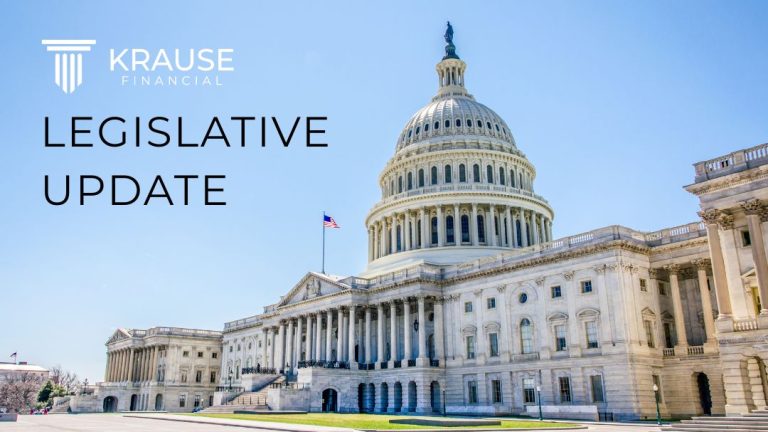Massachusetts SJC Hearing Update: Ruling Issued in Favor of the Commonwealth

Disclaimer: Since Medicaid rules and insurance regulations are updated regularly, past blog posts may not present the most accurate or relevant data. Please contact our office for up-to-date information, strategies, and guidance.
In a recent case out of Massachusetts, the state Supreme Judicial Court (SJC) heard oral arguments surrounding the application of 42 U.S.C. 1396p(c)(2)(B)(i), also known as the “sole benefit provision” and 42 U.S.C 1396p(c)(F)(i), the “beneficiary naming provision,” related to annuities. The argument focused on whether the Commonwealth must be named the primary beneficiary of MassHealth Compliant Annuities owned by the community spouse. The case at hand, EOHHS of the Commonwealth of Massachusetts v. Linda Marie Mondor, et al., raised the question of whether an annuity purchased for the sole benefit of the community spouse negated the requirement to name the Commonwealth as primary beneficiary. Read the full decision.
Read More: Massachusetts SJC Hearing Recap: Should MassHealth Be Named Primary Beneficiary?
The Issue at Hand: Beneficiary Designation Requirement
The beneficiary naming provision states that the purchase of an annuity is treated as a divestment of assets for less than fair market value unless the state is named as the remainder beneficiary for at least the total amount of benefits paid on behalf of the institutionalized individual.
Whereas the sole benefit provision states that an applicant can still qualify for Medicaid if they made an otherwise ineligible transfer for the sole benefit of the community spouse. The court was tasked with determining whether these provisions bearing on the application of asset transfer penalties are meant to operate together or separately.
Laying out the Case Facts
The argument in this case is based on Hughes v. McCarthy, in which the Sixth Circuit court ruled that annuities purchased by the community spouse need not designate the state Medicaid agency as beneficiary if the contract is actuarially sound. Relying on this decision, the appellee contended that if the annuity complies with the requirements of the sole benefit provision, it does not also need to comply with the beneficiary requirement.
In referencing the Deficit Reduction Act (DRA), the Commonwealth relied on a 2006 amendment which they believe clarifies Congress’ intent. According to the Commonwealth, this amendment provides instruction that both statutes are to be applied in correlation with each other to permit estate recovery on all annuities used in Medicaid planning.
Learn More: MassHealth Questioned as Primary Remainder Beneficiary on Community Spouse Annuities
The Court’s Decision
Following a plain language reading of the statute, the court determined that the language provided within 42 U.S.C 1396p(c)(1)(F)(i)—the beneficiary naming provision—does not allow for a separate exclusion related to 42 U.S.C. 1396p(c)(2)(B)(i) for annuities that were purchased for the sole benefit of the community spouse. The court interpreted the sole benefit provision as applying to any asset transfers, whereas the requirement to name the Medicaid agency as a beneficiary still applied to annuity purchases.
Upon review of the appellee’s argument, the court determined that the argument that the beneficiary naming provision can be disregarded on annuities owned by a community spouse directly contradicts Congress’ intent to limit the use of annuities for Medicaid planning purposes. Therefore, an annuity purchased by the community spouse must list the state as the remainder beneficiary to the extent benefits are paid to avoid a transfer penalty.
As a separate issue in the decision, the court also found that the institutionalized spouse is the presumed recipient of benefits referenced in the remainder clause. As a result, the court concluded that the Commonwealth is the rightful beneficiary of the remaining proceeds of the annuity up to the amount paid on behalf of the Medicaid recipient.
Learn More: Massachusetts Update: Is the State Entitled to the Remainder of a Community Spouse’s Annuity?
What it Means for Attorneys in Massachusetts and Across the Nation
The outcome of this case solidifies the court’s interpretation of these statutes and their treatment of community spouse annuities. While is not the outcome Massachusetts attorneys, their clients, and elder law stakeholders were hoping for, it is a standard that is enforced in nearly every other state.
While the decision may encourage some attorneys to find alternative planning strategies, it is important to note that MassHealth Compliant Annuities (MCAs) can still be very beneficial tools in your practice. Specifically, a short-term MCA can help your clients to secure the benefits they need while protecting their assets from possible state recovery. Structuring the MCA to return the full premium and interest to the annuitant within a short timeframe can help reduce the possibility of the annuitant predeceasing the annuity term and subjecting the remaining proceeds to possible estate recovery.
If you have a client that could benefit from a short-term MCA or would like to discuss your MassHealth crisis planning case, contact our office today!



